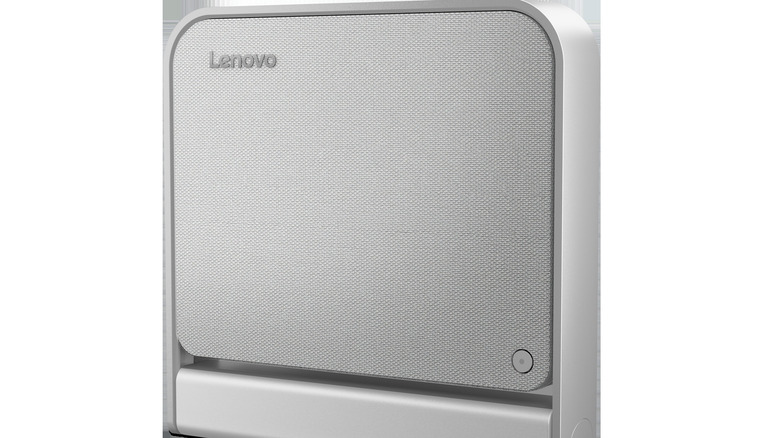Lenovo's Project Chronos Concept Is Like Kinect Rebooted For The WFH Generation
With the exception of the Wii, motion control has yet to rack up any sort of business success. Xbox's Kinect, Playstation Move, and various virtual reality setups including the Meta Quest 2 and Quest Pro have included them as features, but motion controls still have yet to seriously impact the video gaming landscape. They still show up in the occasional Nintendo Switch game like Fortnite but are largely forgettable. The primary selling point for motion control as a concept, a new way to interact with devices, has been simply uninteresting in practice.
Lenovo is looking to change that. The company is tackling one particularly vexing aspect of the motion control market – the fact that it's limited to gaming. The upcoming Project Chronos intends to blaze a trail past that, pitching a comprehensive motion control solution that would integrate not just into how people play, but how they work, live, and interact with the machines they use daily.
A Kinect for your workflow?
On its face, Lenovo's pitch is pretty wild. Even in gaming, motion control hasn't had an unqualified success since the release of the Nintendo Wii, back in the ancient days of 2006. Why resurrect technology that the market never fully embraced?
In short, VR. Lenovo's press release emphasizes "Virtual Freedom," offering "a home computing device for the tech-forward creator." Chronos offers full mocap, no glasses or other gear required, and a system for creating both a lifelike avatar and a completely digital space with which the user can interact. Lenovo anticipates use cases well beyond gaming, offering examples of a fitness coach exercising virtually alongside a student, and streamers building complete VTuber-style digital identities with nothing but Chronos and a screen. Chronos even nods at its gaming forebears, ignoring the Kinect-era paradigm of controlling character behavior through movement in favor of hyping Chronos's ability to help teams cooperate in multiplayer titles. It's effectively the metaverse without a VR headset.
All of Lenovo's plans for Project Chronos seem to depend on major buy-in to the avatar-based VR concept being offered through Meta and others. If that buy-in doesn't materialize – and it hasn't yet – Chronos could end up yet another digital toy gathering dust next to its motion control predecessors. That said, what we've seen so far has potential. Chronos is still in the concept stage and has no official release date. We look forward to seeing how the product develops in the coming months.

